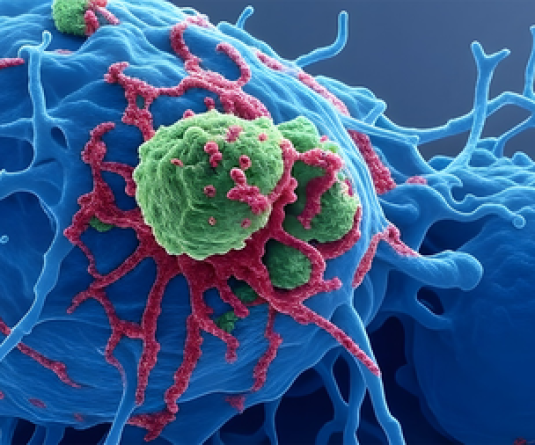Image Source: IANS News

Toronto, February 19 (IANS): A team of researchers has improved the protective effect of a molecule against ischemic stroke, which is caused by an interruption of blood flow to the brain.
According to the team, a type of stroke -- also known as a "cerebral infarction" -- can lead to psychological and physical after-effects. These effects result from an increase in glutamate in the brain, which destroys neurons.
"Glutamate is an essential neurotransmitter for neuronal communication, learning and memory processes, yet above a certain concentration, it becomes toxic to neuronal cells," said researcher Ahlem Zaghmi from the Institut national de la recherche scientifique (INRS) in Canada.
For the study, published in the journal Communications, the research team aimed at developing an effective treatment that would compensate for the increase in glutamate.
"Unlike other drugs, our molecule does not need to cross the blood-brain barrier to achieve its therapeutic effect. It represents one fewer obstacle, since it could be injected intravenously," the researcher said.
The modified molecule, glutamate-oxaloacetate transaminase (GOT), is already known for its therapeutic effects. This enzyme breaks down the glutamate circulating in the bloodstream which creates a kind of siphon effect.
"By decreasing concentrations of this neurotransmitter in the blood, excess glutamate in the brain will move out to compensate for the loss. This "siphons" the glutamate out of the brain," she said.
A single dose of the molecule typically lasts three hours in rats. Due to the modification made by the research team, the treatment is now effective for six days.
The research team now intends to observe the longer-term effect of the molecule and explore applications to other neuronal diseases.






